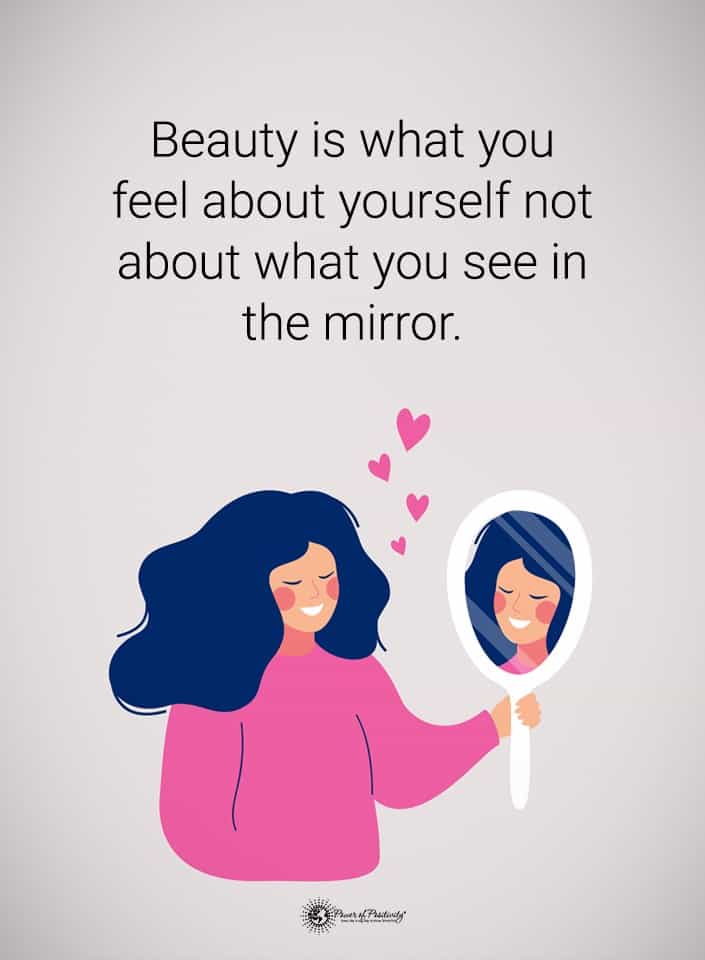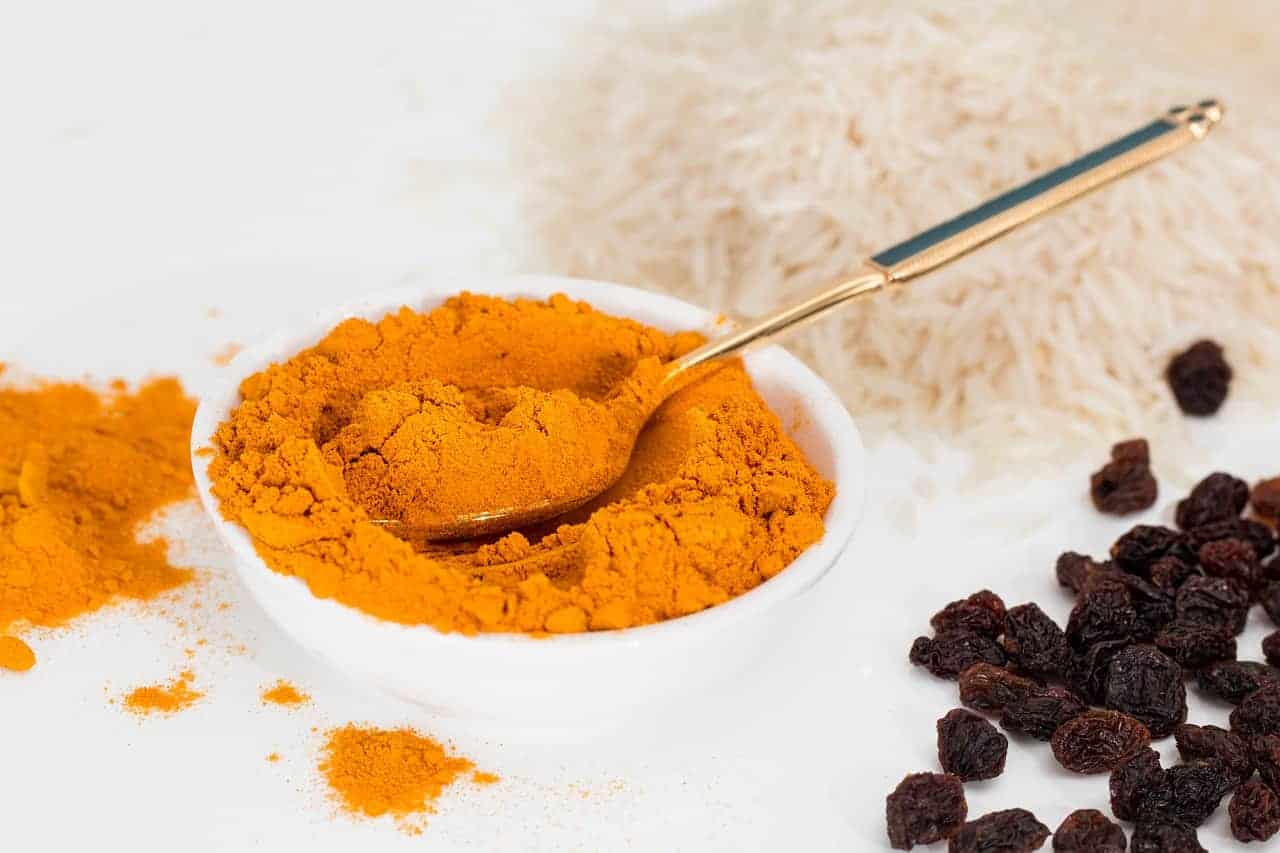You hoped that your battle with acne ended after your teen years. Sadly, you might still see the occasional blackheads in adulthood. The more you know about these bothersome blemishes, the better you can treat and prevent them.
What Are Blackheads?
There’s nothing more frustrating to awaken in the morning and see black dots on your face. These small bumps are a common skin blemish associated with teenage acne. Dermatologists call them comedones, the dreaded blackheads.
Comedones are a form of acne that can appear at any age. These pinhead-sized blemishes form when your pores get clogged with excess oil and dead skin cells. Although they seem blocked with a speck of dark dirt, it’s just a trick of refracted light.
You’re not alone if you’ve noticed more than your share of these dark specks. According to an article published by UCDavis, at least 85 percent of teens develop comedones. According to the report, they often battle these skin blemishes well into their early 20s and even later in life.
Pimples
Both blackheads and pimples can be present in acne breakouts. However, they aren’t the same thing. Pimples are painful bumps filled with pus, while comedones aren’t infected and don’t usually hurt.
Whiteheads
The apparent difference between these skin blemishes is that one has a dark spot while the other is white or yellowish. While they are both comedones, the black ones are open, and the white ones are closed, like a pimple. Whiteheads also tend to build up pressure in the pore and can be painful.
How Do Blackheads Affect Your Skin?
The most prone area to breakout is your face, especially your nose, cheeks, and chin. These areas have a heavier concentration of sebaceous glands, which produce oil for your skin. Hormone fluctuations and stress can cause an overproduction of oil and skin breakouts.
However, you have sebaceous glands all over your body, and any area is prone to comedones. You may notice them in other places of high sebaceous gland concentration, such as your armpits, neck, and back. Some people are more susceptible and may develop these blemishes on their ears, thighs, and bottom.
Psychological Effects of Breakouts
Like most people, your self-confidence is based a lot on your appearance. When you see blackheads in the mirror, you may feel embarrassed. A study published by the Indian Journal of Dermatology explains that acne blemishes can affect you psychologically and emotionally.
Remember how difficult it was to fit in as a teenager? You probably got teased and bullied in school if you had comedones and pimples. Although you’re not likely to be mocked as an adult, having these breakouts can make you feel self-conscious.
If you have comedones on your body, you may avoid wearing any revealing clothing. You may be more withdrawn because you think everyone’s looking at you. It can lead to anxiety, depression, and other mental disorders.
What Causes Blackheads?
One misconception about comedones and other acne conditions is that they always lack cleanliness. While poor hygiene can undoubtedly lead to breakouts, but you can keep clean skin and develop them. It can depend on hormones and oil production.
Most of your pores have a hair follicle and a sebaceous gland. When the pore gets clogged, the strand and gland inflamed, producing a blackhead. Here are the usual reasons for the clog:
- An overproduction of oil, often during adolescence
- Unbalanced hormones significantly an increase in the male hormone androgen
- Keratin malformation: The protein builds your skin, hair, and nails.
- Increased bacteria on your skin that causes acne breakouts
Fortunately, these blemishes aren’t contagious even if you touch someone with breakouts. However, a study published by the Journal of Investigative Dermatology discusses a possible genetic predisposition to acne and other breakouts. If one or both of your parents had excessive acne and comedones, the chances are that you will too.
How Long Do They Last?
How long a blackhead will last depends on how deep it is in your skin. Superficial ones usually will fade and disappear on their own. Ones that are deeper in your pores may require medical attention to remove.
Should You Pop Blackheads?
When you look into the bathroom mirror, it’s tempting to squeeze and see an angry, clogged pore. Worse, you may use needles and other small tools to pop the blemish. As enticing as it may seem, here are some reasons why you shouldn’t:
- You may leave part of the blockage in the skin. Since you can’t tell how deep it is, you can push it further into your skin and cause more inflammation.
- Your fingernails or other tools may harbor bacteria that can go into the opening. It could only make the blemish worse or cause more breakouts.
- Using your nails or other tools to dig it out can irritate your sensitive skin and cause permanent scarring.
Why Prevention Is So Important
Changing hormones is often the root of breakouts, and you can do nothing about it. The good news is that you still take some preventative measures to minimize breakouts. Here are some suggestions:
- Avoid touching your face. Your hands can carry countless bacteria, viruses, and other microbes. Each time you feel your face, you risk infecting your pores.
- Wash your face each morning and evening with a gentle cleanser.
- Avoid using makeup and other skincare products that are oil-based.
Can Your Diet Cause Breakouts?
Conventional wisdom has always warned you to avoid fatty foods and chocolate because they cause acne and other breakouts. According to an article published by Harvard Medical School, a diet high in sugar, fats, and processed foods may lead to more acne. However, the report maintains that this is only an association.
Three Natural Ingredients to Remedy Your Blackheads
Do you want to get rid of your blemishes naturally? These three ingredients are inexpensive and easy to find. The first two make a DIY facial cleanser, while the third one works independently.
1. Sea Salt
Mother Nature teams up with King Neptune to offer you this natural exfoliator. Sea salt contains minerals that are good for your skin. The refined grains gently rub away the dead skin cells contributing to blemishes.
2. Lemon Juice
Whenever your grandma needed a cleanser and skin toner, she didn’t run to the corner drug store. She knew fresh lemon juice would do the trick. It turns out that lemons have antioxidants, antiseptic, and anti-inflammatory properties.
Try using sea salt and lemon juice together to make a quick and effective cleanser. It’s best to use freshly squeezed lemon juice, but you can use the bottled variety in a pinch. Since the ingredients are used in small quantities, you can easily make a fresh batch each time.
- In a small bowl, combine one tablespoon of sea salt with one-half of lemon juice and one teaspoon of warm water.
- Use a clean washcloth or towel to apply the mixture to the area with the blackheads.
- Use a circular motion to ensure it permeates the skin.
- Do this for five minutes, and then allow the mixture to sit on your skin for another five minutes.
- Rinse your face with cool water and repeat these steps three times weekly.
3. Tea Tree Oil
People have been using tea tree oil to combat skin breakouts for generations. A study published by the National Library of Medicine concludes that five percent tea tree oil gel effectively treats mild to moderate acne. You can find it inexpensively in most supermarkets and online.
Dab a little bit of tea tree oil on a cotton ball or swab, not your fingers. Gently apply the oil to each blemish until it’s absorbed. If you have sensitive skin or have a reaction to the tea tree oil, discontinue using it.
Stress and Your Skin
Did you know that your stress levels can also contribute to more skin blemishes? A study published by Clinic, Cosmetic, and Investigational Dermatology suggests that increased stress may be linked to acne severity. It may not be the “cause,” but it can affect hormones associated with skin breakouts.
While minimizing your stress may not make your blemishes disappear, it may reduce other factors. The more anxiety you have over your complexion, the more breakouts you may experience. Find ways to reduce your stress, like taking a walk, enjoying a hobby, or connecting with people in your circle.
Final Thoughts on the Three Ingredients to Eliminate Blackheads
Even as an adult, you may be prone to occasional acne breakouts. The good news is that you can use natural ingredients to minimize them. Following an effective skincare routine can lead to a clearer and healthier complexion.














